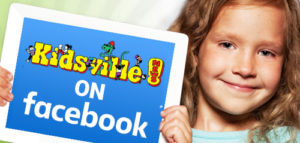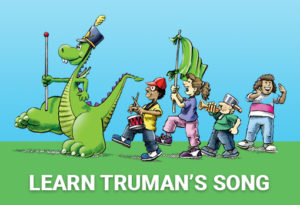KidShape – August 2020
Music is everywhere:
on the radio, in movies and television shows and as a backdrop when shopping or celebrating milestones.
Music is an integral part of cultures all over the world. Music can express emotions not easily conveyed otherwise. It also provides a sense of community and belonging and can help unite the divided. Playing musical instruments or singing has a number of benefits. From the earliest days after their birth, children can be calmed by music. Music helps people work out their feelings and can be uplifting and comforting when people need a boost. While many people are familiar with the mood-enhancing benefits of music, they may not know that music also has developmental benefits. According to Don Campbell, internationally known educator and author of “The Mozart Effect for Children,” music enhances intelligence, coordination, emotional expression, creativity and socialization skills. Studies have suggested that music and movement affect all areas of development. Music can bolster listening skills, improve motor skills, assist with problem solving and promote spatial-temporal reasoning. Many others say that music can calm and focus the mind, which is why it is so often employed by therapists. In the book, “The Importance of Music,” author Ellen Judson cites a 10-year study that tracked more than 25,000 middle and high school students. The study showed that students in music classes receive higher scores on standardized tests than students with little to no musical involvement.
In addition, singing and engaging in musical appreciation sharpens one’s ability to communicate. Learning a piece of information attached to a tune will more readily embed that information in the brain. For example, many children learn the alphabet via song. Pairing lessons with song can help anyone retain information more easily. Music also is fun, so much so that kids may not realize they’re actually learning while singing. Matthew Freeman, development manager of “Sing up,” a national singing project to help enhance music in children’s education, states that children don’t think of singing as work and may be more willing to participate. Song can be used to reinforce all different subjects, from language arts to mathematics. Children or adults who are apprehensive about meeting new people can use music as a means to open the door to new friendships. Joining a choral group will immediately introduce people to others who enjoy music as well. Group singing is less intimidating than singing alone, so it takes some of the pressure off of a person and can staunch performance anxiety. Music is beneficial throughout one’s life and can be an enjoyable way to make learning more fun.





